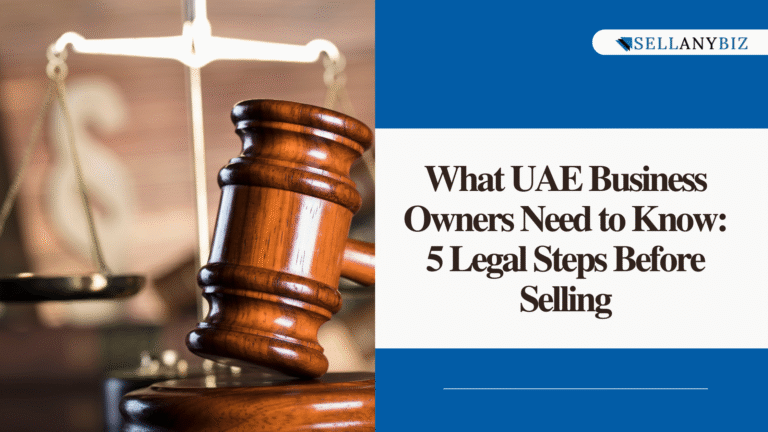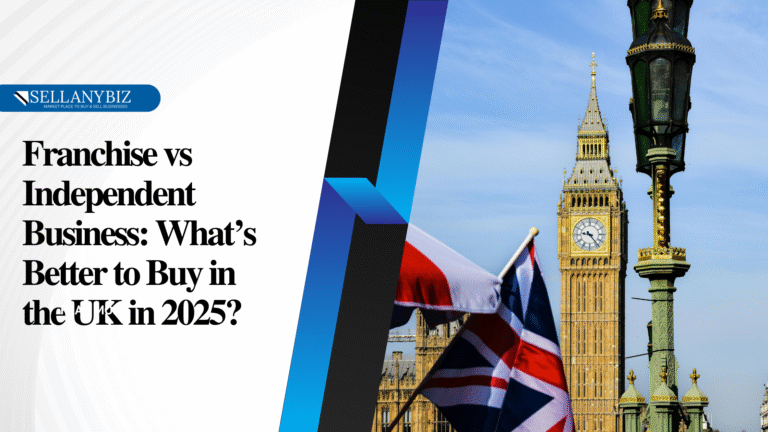Franchising is a popular business model that is being utilized by various industries to penetrate new and existing markets. It is a strategy where the owner of a business, known as the franchisor, grants a license to another person or entity, called the franchisee, to use their brand name, products, and services for a fee and ongoing royalties. This allows the franchisee to operate a business following the franchisor’s established system, procedures, and guidelines.
One of the primary benefits of franchising is the ability for businesses to expand more rapidly and efficiently than traditional methods of growth. Franchisors receive fees and royalties from franchisees, while franchisees can utilize an established brand and business model, as well as receive training and support from the franchisor. Franchising also provides a solution to common business problems such as lack of capital, slow growth, and finding the right employees.
However, franchising may also have some disadvantages. For instance, franchisees must follow the franchisor’s rules and regulations, which can limit their creativity and flexibility. Additionally, franchisees must pay ongoing fees and royalties to the franchisor, which may impact their profitability.
In conclusion, franchising can be an effective way for businesses to expand their operations, penetrate new markets, and accelerate growth. Nevertheless, it is essential to weigh the advantages and disadvantages and seek professional advice before making any decisions about franchising a business.
WHAT IS A FRANCHISE?
Franchising has emerged as a popular method of distributing products or services across multiple industries. This business model involves a franchisor, who creates the trademark and business system, and a franchisee, who pays an initial fee and ongoing royalties for the right to do business under the franchisor’s name and system. The contract between the two parties is known as a “franchise agreement,” which outlines the terms and conditions of the relationship.
Business format franchising is the most common type of franchise relationship. Under this model, the franchisor provides the franchisee with a complete system for operating the business, including site selection and development support, training, marketing strategy, and quality control. In return, the franchisor receives royalties and fees from the franchisee. Traditional franchising, on the other hand, involves product distribution and is often seen in industries such as retail, automotive, and electrical.
While franchising provides several benefits, such as rapid expansion and access to an established brand, it also has its drawbacks. Franchisees must follow the franchisor’s rules and regulations, which can limit their creativity and flexibility. Additionally, franchisees must pay ongoing fees and royalties, which can impact their profitability. It is crucial for businesses to weigh the advantages and disadvantages carefully before deciding whether franchising is the right choice for their growth strategy. Seeking professional advice can also be beneficial in making an informed decision.
Some Advantages for the Franchisee
Business Assistance
One of the primary benefits of franchising for franchisees is the business assistance they receive from the franchisor. Depending on the franchise agreement, franchisees may receive everything they need to operate the business, including the brand, equipment, supplies, and advertising plan. They also have access to the knowledge and wisdom of the franchisor, which can be invaluable in running a successful business.
Brand Recognition
Another significant benefit of opening a franchise is the brand recognition that comes with it. Franchises are already established businesses with built-in customer bases, making it easier for franchisees to attract customers and generate revenue.
Lower Failure Rate
Franchises generally have a lower failure rate than independent businesses. Franchisees join a successful brand with a network that provides support and advice, making it less likely they will go out of business. Additionally, franchises have already proven their business concept, providing reassurance that the products or services being offered are in demand.
Lower Risk
Starting any business involves risk, but the risk is generally lower with franchising. Most franchises are owned by established corporations that have tested and proven the business model in multiple markets, reducing the risk of failure for franchisees.
Profits
In general, franchises see higher profits than independently established businesses. Franchises have recognizable brands that bring in customers, resulting in higher profits. Even franchises that require a high initial investment for the franchise fee see a high return on investment.






















